Lucy Letby: NHS ombudsman says inquiry must be statutory
- Published
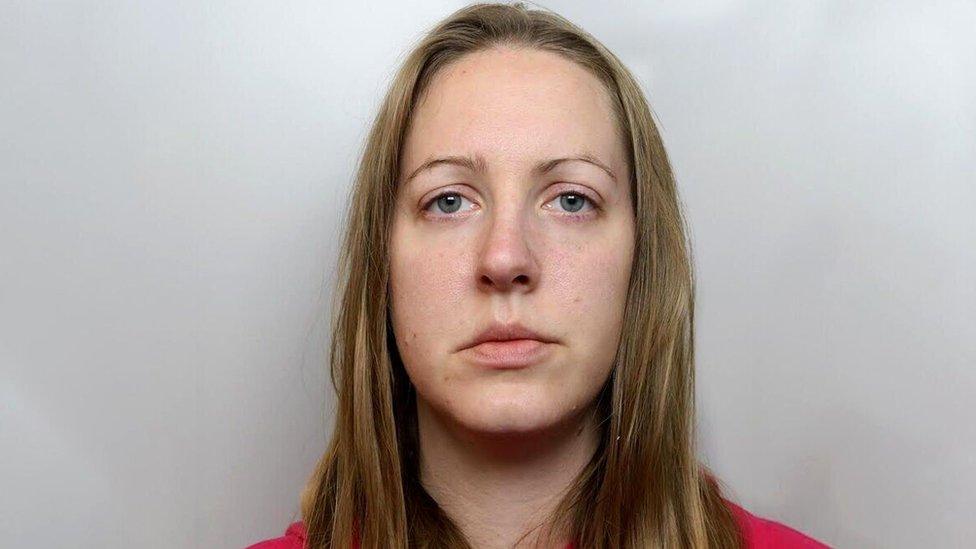
Lucy Letby was handed a whole life order and will never be released from jail
The inquiry into the murders committed by nurse Lucy Letby should be given powers to compel witnesses to give evidence, the NHS ombudsman has said.
Rob Behrens has called for the inquiry to be put on a statutory footing and for there to be a wider review of leadership and culture in the NHS.
The government ordered an investigation after Letby was found guilty of murdering seven babies and trying to kill six others.
She was jailed for life on Monday.
Following the sentencing, the government announced an inquiry to investigate the events on the Countess of Chester Hospital's neonatal unit between 2015 and 2016 to ensure lessons are learned.
However, there have been calls from the families of the victims for the inquiry to be put on a statutory footing.
In a letter to Health Secretary Steve Barclay, Mr Behrens, the Parliamentary and Health Service Ombudsman, has now echoed those demands.
He said only a statutory inquiry could "provide the strong legal powers necessary to compel witnesses and the release of evidence".
"The inquiry should have all possible levers available to it to get to the truth," he said.
"The families involved deserve no less."
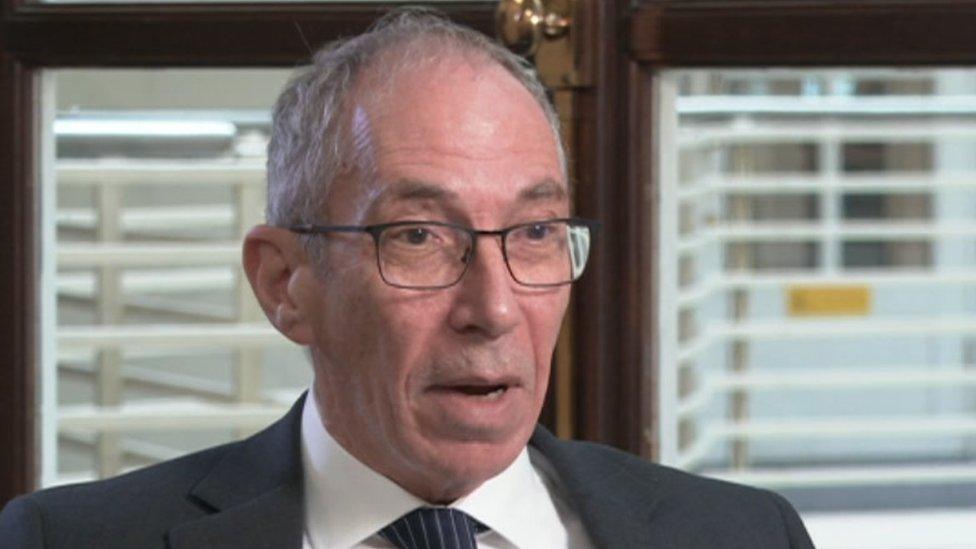
Mr Behrens said the whistleblowing legislation in England "doesn't work properly and it needs badly reforming"
The ombudsman told BBC Radio 4's World At One that he thought it would "be wise for the secretary of state to make this inquiry a more wide-ranging statutory inquiry".
"The second thing is that we need is a cross-party independent review of leadership, accountability and culture in the NHS," he said.
"Although the appalling actions of Lucy Letby are extremely rare, unfortunately, the culture of fear in NHS trusts is not isolated to this case.
"Leaders dismissing the concerns of staff is a pattern of behaviour that we see repeated across the NHS."
The ombudsman also said he wanted his powers expanded to allow him to investigate wider issues in addition to his current role, which he described as being focused on the complaints of NHS users.
"I have had clinicians throughout the last six years get in touch with me and say they have patient safety issues to raise but they fear that if they raise them they will be disciplined and they will lose their careers," he said.
"Under the law I cannot, as it presently stands, I cannot look at the complaints of staff, only at service users."
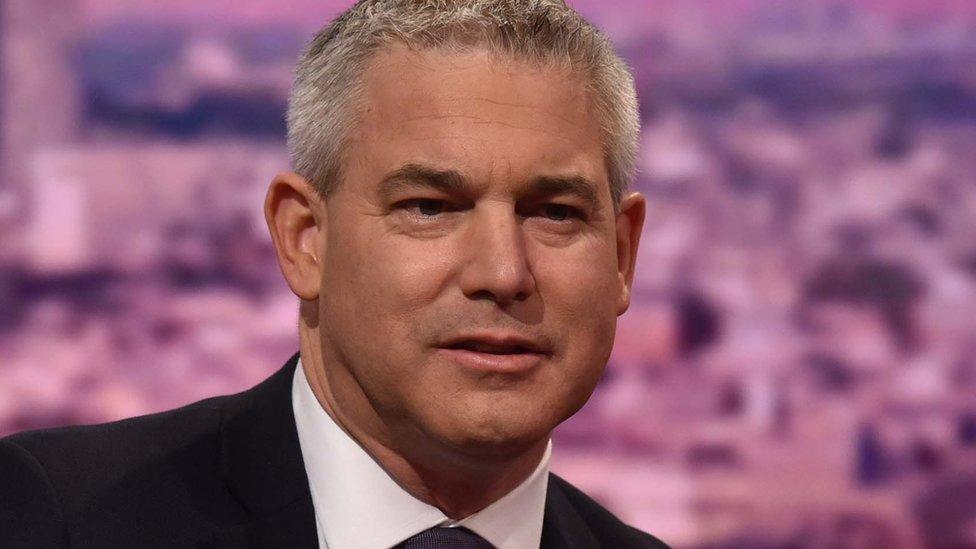
Mr Barclay said he was "engaging" with the families of Letby's victims "about the right legal framework for that inquiry"
He said the whistleblowing legislation in England "doesn't work properly and it needs badly reforming in a way that has taken place in Scotland," adding: "I have been arguing for six years that my powers are too constrained."
"All my international counterparts have the power to look into issues that have not been complained about," he said.
"I do not have that power. I can only investigate cases where people complain.
"The law needs to be changed on that."
Speaking to broadcasters, Mr Barclay said the prime minister had already stated that the government would "ensure that the legal framework for [the inquiry] has the full confidence of the families affected".
"I'll be engaging with them on that - whether that's on a statutory or a non-statutory basis - to ensure that inquiry, looking at issues such as whistleblowers and other actions related to this case, are fully investigated," he said.
"Clearly, there's a whole range of questions that have been raised by the case.
"They need to be looked at fully through a detailed inquiry [and] we need to ensure that that inquiry has the full confidence of the families affected.
"That is why I'm engaging with those families about the right legal framework for that inquiry."

Why not follow BBC North West on Facebook, external, Twitter, external and Instagram, external? You can also send story ideas to northwest.newsonline@bbc.co.uk, external
Related topics
- Published23 August 2023
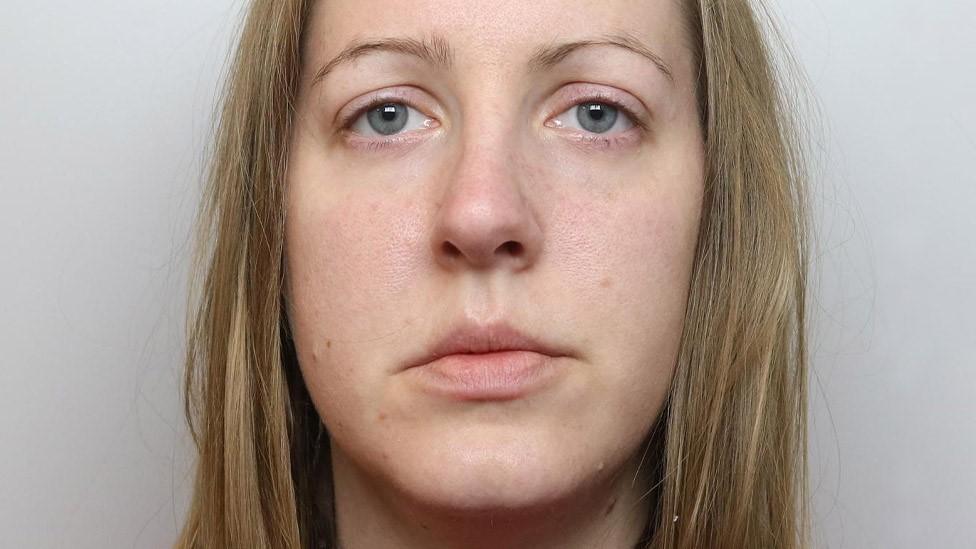
- Published22 August 2023
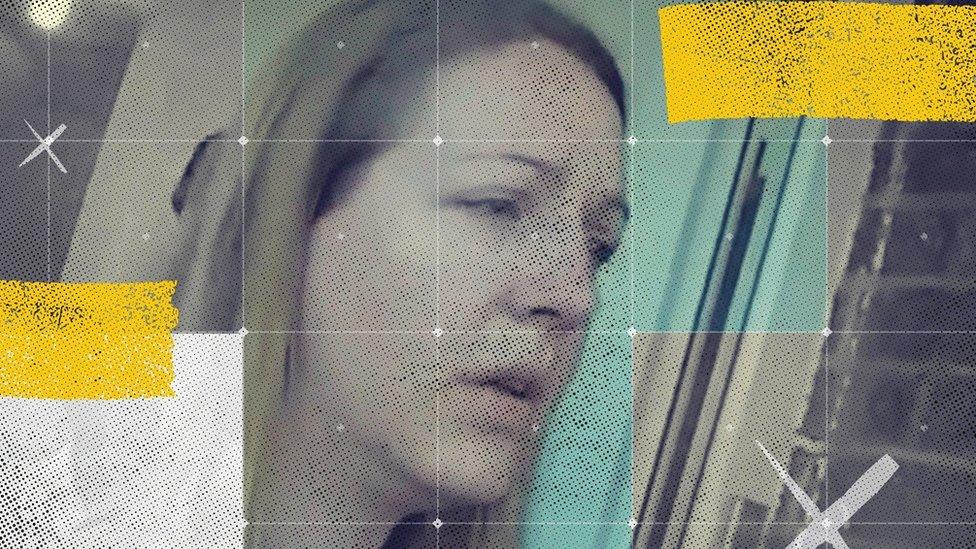
- Published21 August 2023
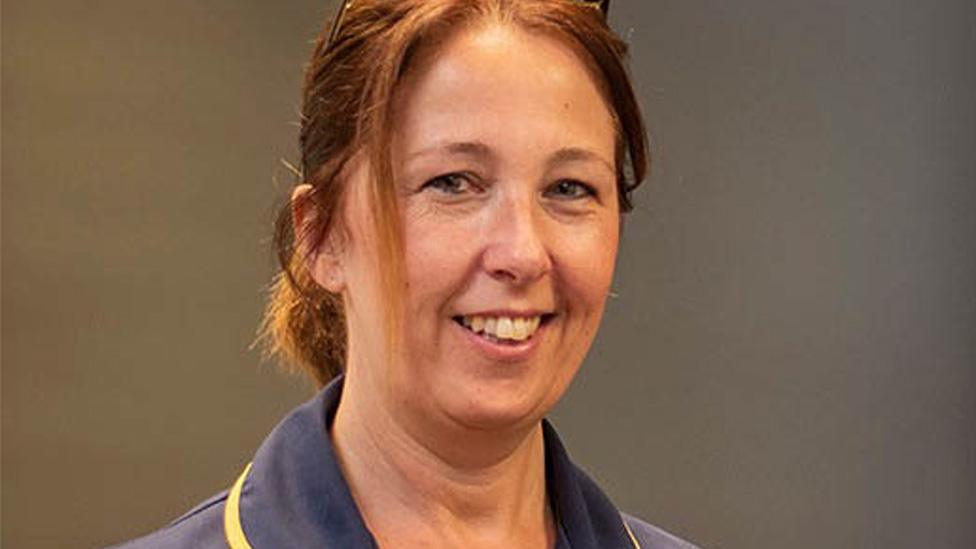
- Published18 August 2023
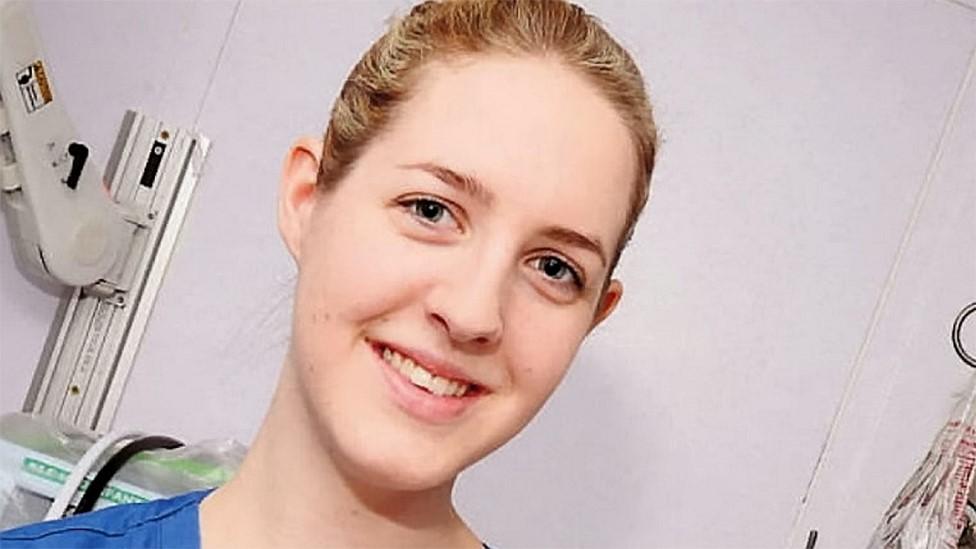
- Published18 August 2023
